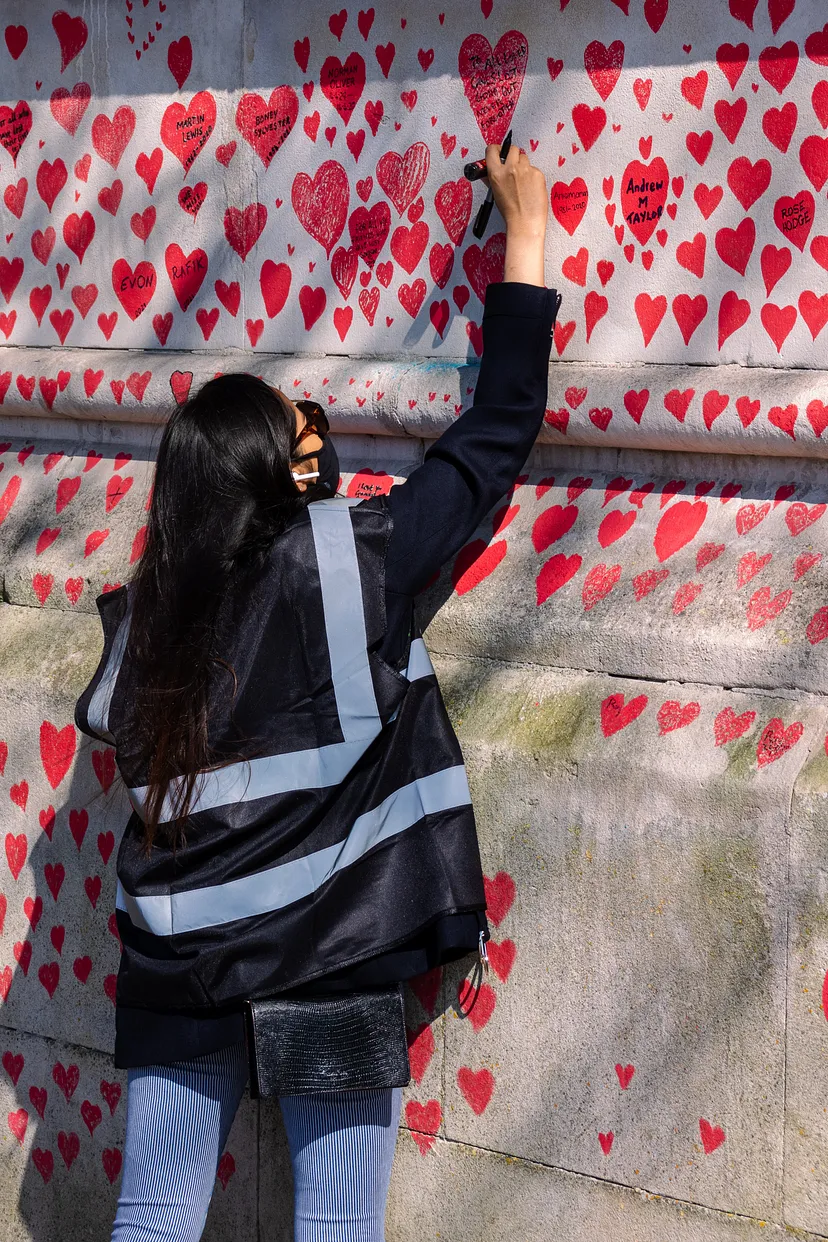Author: Sanjana Idnani

In March, I began my Youth For Sewa (YFS) journey with my first orientation day. It started, like many things in this Covid world, on a Zoom call. But this was a transformative zoom call in more ways than one — it was interactive, open, and so informative in preparing us for the months ahead.
The day had three parts — a talk on Sewa and Dharma, a talk on perseverance, and reflection and planning for the internship tasks ahead.
Sewa and Dharma are integral parts of Hinduism and concepts that many Hindus are familiar with. Dharma is righteousness and duty, and Sewa is selfless service. But the perspective I got from YFS alumn, Vipasha’s talk was so beautiful and added new layers to my understanding of these ideas. I want to share a little more about what I learnt in this blog.
As an English student, I was over the moon when Vipasha’s talk began with the origin of the word Dharma. I was not disappointed with the insights this etymology provided. Dharma comes from the Sanskrit word, Dhri, which means to hold, maintain, or preserve. From this word, Dharma then came to be known as how we hold, maintain, or preserve something.
“If we do not believe in what we are doing, our work will suffer. Our mindset is everything.”
To maintain something means to keep it flourishing. We can do this through laws and actions. However, Vipasha was quick to point out we must act with the right mindset or the effect will be limited
We can follow all the possible rules and procedures, we can act in a particular way, but if we do not believe in what we are doing, our work will suffer. Our mindset is everything.
And yet, our mindset when it comes to achieving or preserving anything, while determined, can sometimes be quite individualistic. Western individualism has taught us that if we take care of ourselves, everything else will fall in line.
Vipasha’s perspective on Sewa — selfless service — completely turned that idea on its head, providing us YFS attendees with a whole new framework for thinking.
Vipasha highlighted a concept called the concentric circles of identification. We identify ourselves in many ways — as ourselves, with our family, with our country, and finally with the entire world or universe.
As mentioned above, we often judge our welfare purely by the first circle of identification — me.
But we forget that we are within our family, our country, and our world. The concentric circles of being teaches us to adjust our thinking so that we see the welfare of the universe as the most important thing.
“the entire world is one family.”
When we think in this way, the primary benefit is that we centre others rather than ourselves and act in a mood of selflessness. However, a secondary benefit is that the good welfare of the universe automatically benefits us as we are a part of that universe.
This way of thinking allows everyone to flourish. It is an idea nicely summed up by a teaching in the Vedas: Vasudhaiva kutumbakam which means “the entire world is one family.”
This concept felt even more relevant given we were at a low point of the pandemic. We were in the middle of the third lockdown, winter blues had sunk in, and deadlines were looming. But we were struggling together and we were doing these lockdowns for the safety of those around us. By protecting others, we were also protecting ourselves.
Learning this lesson during the pandemic was a wonderful reminder of the good in the world and our inherent capacity to selflessly serve. It motivated me and helped me realise that Sewa isn’t just an obligation, but that Sewa is a survival instinct that we all need in our lives. It is the absolute essence of our being, and it helps us maintain ourselves and others.
Featured Image courtesy of Yousef Salhamoud via Unsplash. Image license can be found here.